Wednesday morning, I attended a thought-provoking panel discussion entitled “Is Health Economics an Un-American Activity?” — a reference to the McCarthy-era Congressional committees that judged Hollywood movie directors and others considered to be communist sympathizers. The panel presentation was part of the annual meeting of the International Society for Pharmacoeconomics and Outcomes Research (ISPOR) in Baltimore. It featured John Bridges, PhD from Johns Hopkins, Peter Neumann, ScD from Tufts, and Jeff White, PharmD, from WellPoint.

The panel started by noting that the field of health economics has, as its fundamental premise, the rational allocation of scarce health care resources. This allocation is informed by “cost-effectiveness analysis” — broadly defined as the process of preparing estimates of both health and economic outcomes for different health care services to support decisions about which services are worth doing. Health care services often produce a mixture of different health outcomes — sometimes extending life and sometimes affecting different aspects of the quality of life. So, to deal with the mixed basket of different outcomes, cost-effectiveness analysts commonly combine all the health outcomes into a single summary measure called the “quality-adjusted life year,” or “QALY.” Then, QALYs are compared to the costs of the health care service. Based on this comparison, decision-makers determine if the service is worth doing, or “cost-effective.”
The panel noted that the United States is far less supportive of these basic concepts of the field of health economics, compared to almost all other developed nations. In the U.S. stimulus bill, Congress provided substantial new funding to establish a Patient-Centered Outcomes Research Institute (PCORI). But, Congress specifically forbade that Institute from using QALYs or establishing cost-effectiveness thresholds. In the debates leading up to passage of the health care reform legislation, U.S. political leaders went out of their way to emphasize that they did not condone any type of “rationing” or “death panels.” In contrast, the ISPOR meeting was full of presentations by health economists from Europe, Australia, Asia and elsewhere describing their government-sponsored programs to formally assess the cost-effectiveness of heath services and to use those assessments to determine whether to grant market access to drugs, biomedical devices and other health care products and services.

Although the panel discussion was enlightening and interesting, I felt they generally focused too much on QALYs and too little on the deeper cultural issues. They made only vague comments on any evidence or theories about why there would be a such an obvious difference in attitudes between the US and other developed countries. One presenter noted that America was founded by individuals fleeing tyranny, which led Americans to be distrustful of government hundreds of years later. Another jokingly hypothesized that support for health economics had something to do with having a monarchy.
So why does the US see things differently?
It seems to me that there are two competing explanations for why Americans are so troubled by health economics and cost-effectiveness analysis: Entitlement and Duty.
According to the entitlement hypothesis, after a few generations of economic largess, Americans have come to feel entitled to a worry-free life. As a result, Americans are supposedly unwilling to accept limits or burdens. This is described as the decline of our culture. It supposedly applies not only to health care, but also to our unwillingness to make tough decisions and sacrifices to solve the federal budget deficit, global warming, urban sprawl and even childhood obesity. Both political parties implicitly support this view when they assert that their party will revive American exceptionalism and put the country back on the right track. This sense of entitlement applies to both rich and poor. Rich people hate rationing because they associate it with big government, which they equate with high taxes to pay for generous social welfare programs that transfer their wealth to the poor. Poor people hate rationing because they fear that it will provide the pretext for the “establishment” to avoid providing them with the high quality health care to which they feel entitled. According to the entitlement hypothesis, both rich and poor are like spoiled children, stomping their feet at the prospect of any limits to the health care they expect.
In contrast, the duty hypothesis makes seemingly opposite assumptions about the state of American culture. It emphasizes that Americans have a strong sense of duty, and a romantic sense of chivalry, loyalty and patriotism. They note that Americans, compared to their European counterparts, tend to have more fundamentalist religious beliefs. Americans tend to have a strong sense of right and wrong, seeing moral issues as black and white, rather than the more relativistic shades of grey prevalent in attitudes of those from other developed countries. Advocates of this hypothesis point out that Americans feel strongly about not leaving a soldier behind in battle, no matter what the risk. This sense of duty translates to an insistence that we spare no expense to rescue the sick from illness.
I can’t say I know which point of view is right. Perhaps both forces are at work to animate Americans’ opposition to health economics.
What are the implications for ACOs?
ACOs involve providers taking responsibility for the quality and cost of care for a population. Controlling cost requires reducing waste. Many health care leaders would like to believe that we can control costs just by eliminating medical procedures that offer zero benefit or that actually harm patients, and by creating leaner care delivery processes so each necessary service is delivered at lower cost. But, the elephant in the room is the far larger waste in the form of delivery of procedures that do offer some benefit — just not enough to be worth the high cost. Reducing the use of such procedures will face opposition and resistance. To be successful in the face of such resistance, ACOs must overcome the sense of entitlement. ACOs must channel the strong sense of American duty, honor and righteousness to the act of triaging to help the people who need high value services. The courts and churches use rituals and solemn settings to convey solemnity, seriousness and integrity. Perhaps ACOs should use some form of ritual and a solemn setting to build a sense of rigor, transparency and integrity to the process of determining practice guidelines that direct resources to the “right” clinical needs. In this manner, the US culture of duty could potentially overcome any sense of entitlement, enabling the ACO to carry out its stewardship duties and responsibilities regarding quality and cost of care for the population.
I suspect that for-profit health care provider organizations will have a far more difficult time overcoming this resistance to health economics. For people to internalize a sense of duty to triage, they must have confidence that when practice guidelines cause providers to say no to one patient regarding a low value service, the preserved resources go instead to provide a high value service to another patient. If they suspect the savings is going into the pockets of stockholders, the cultural opposition to health economics will be strengthened.

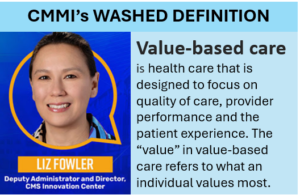




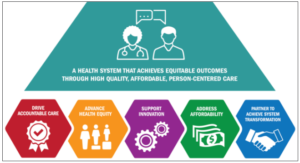




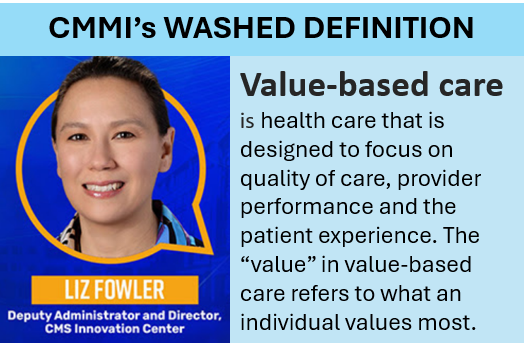


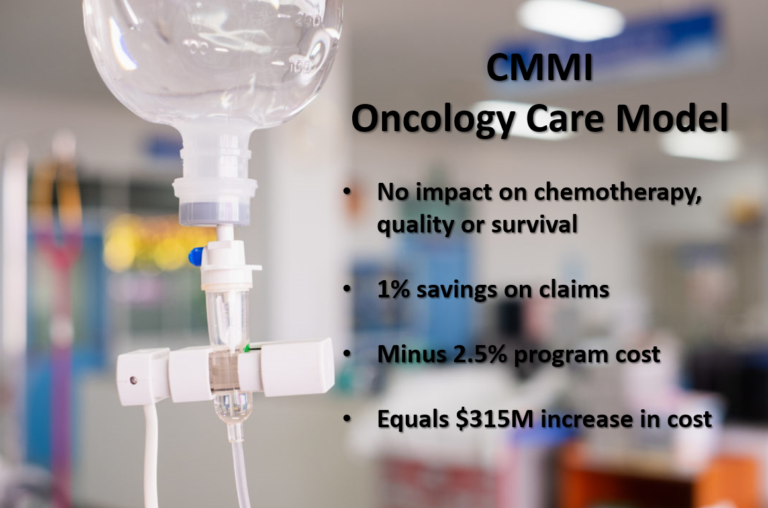

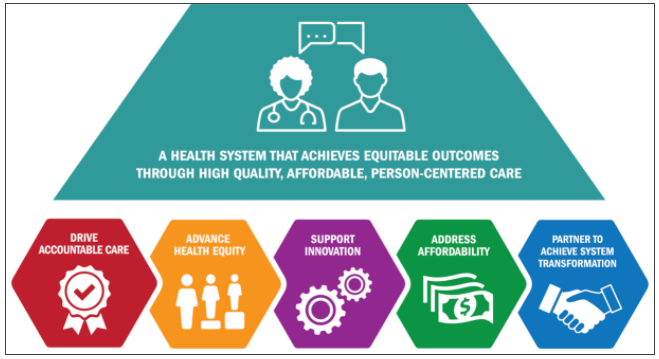
3 thoughts on “Why do other countries have different attitudes about Health Economics?”
Pingback: Conceptualizing “over-treatment” waste: Don’t deny health economics
Pingback: Defensible COVID-19 vaccine prioritization policy will require bravery and explicit principles and analytics. We offer example principles and propose a 6-step process. – Reward Health
Pingback: CMS Innovation Center engages is linguistic manipulation and health economics denialism – Reward Health